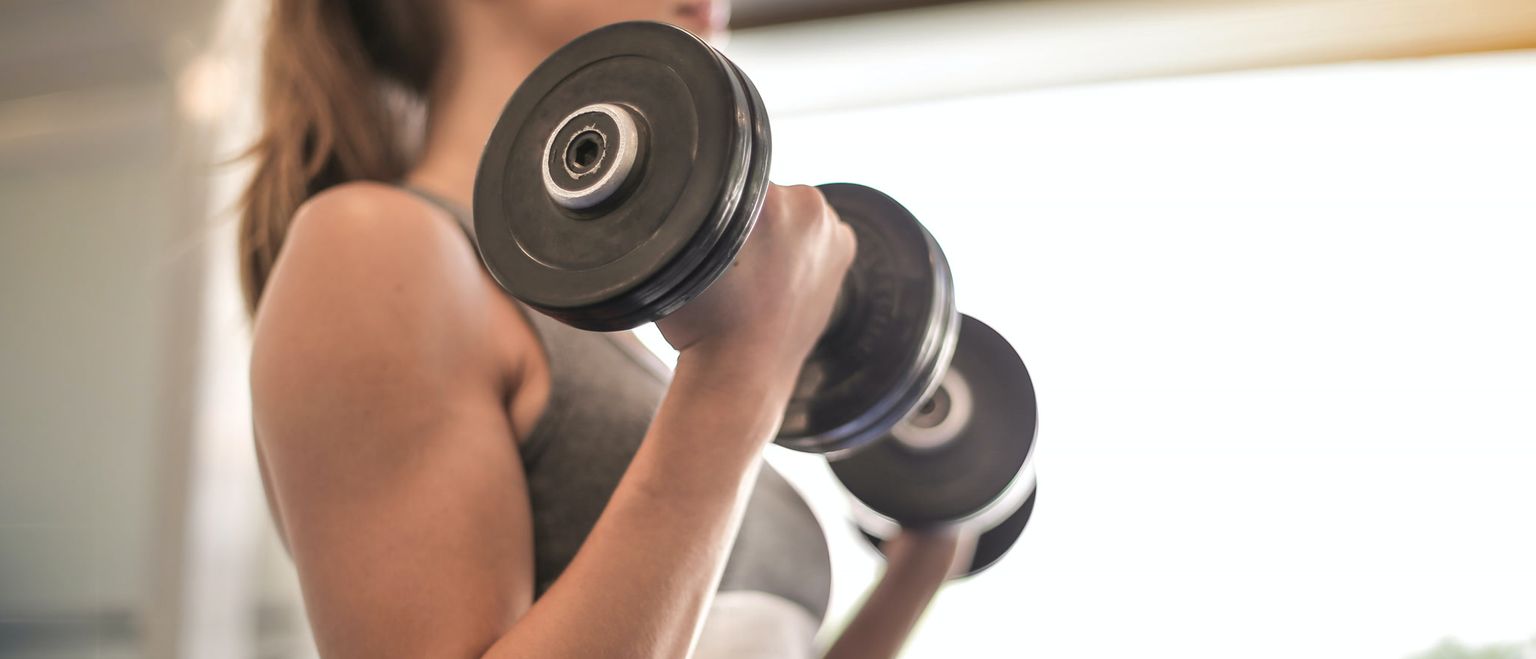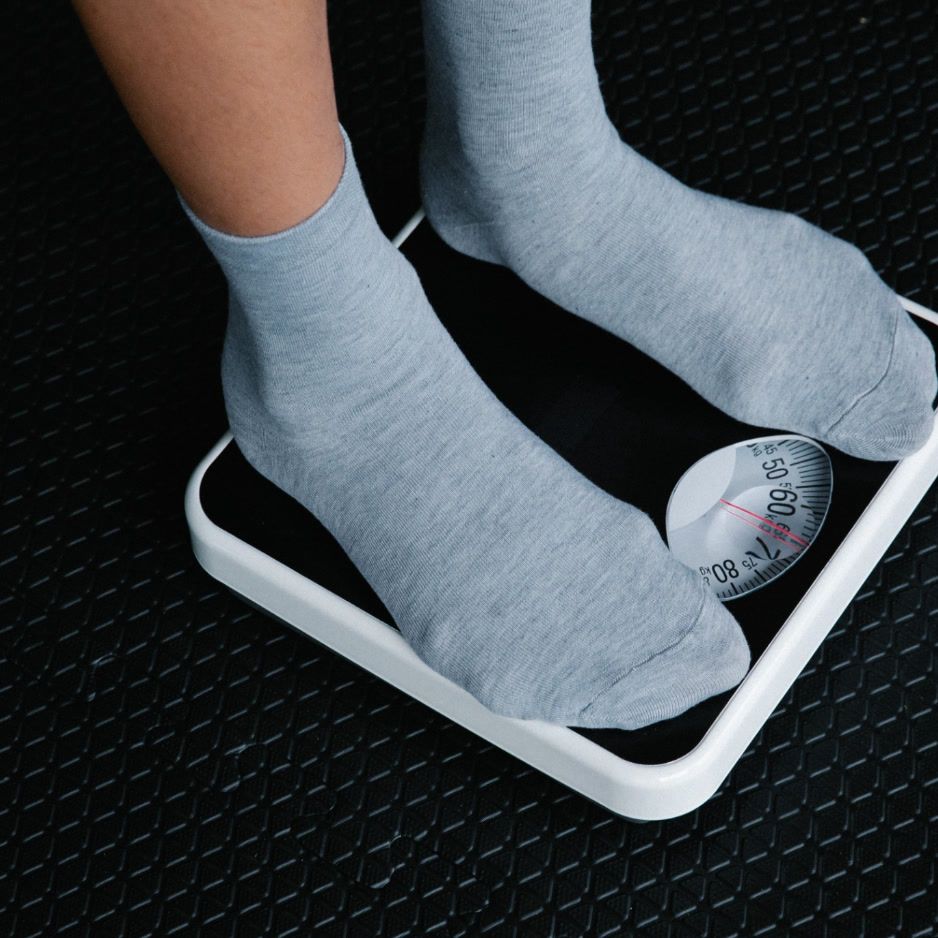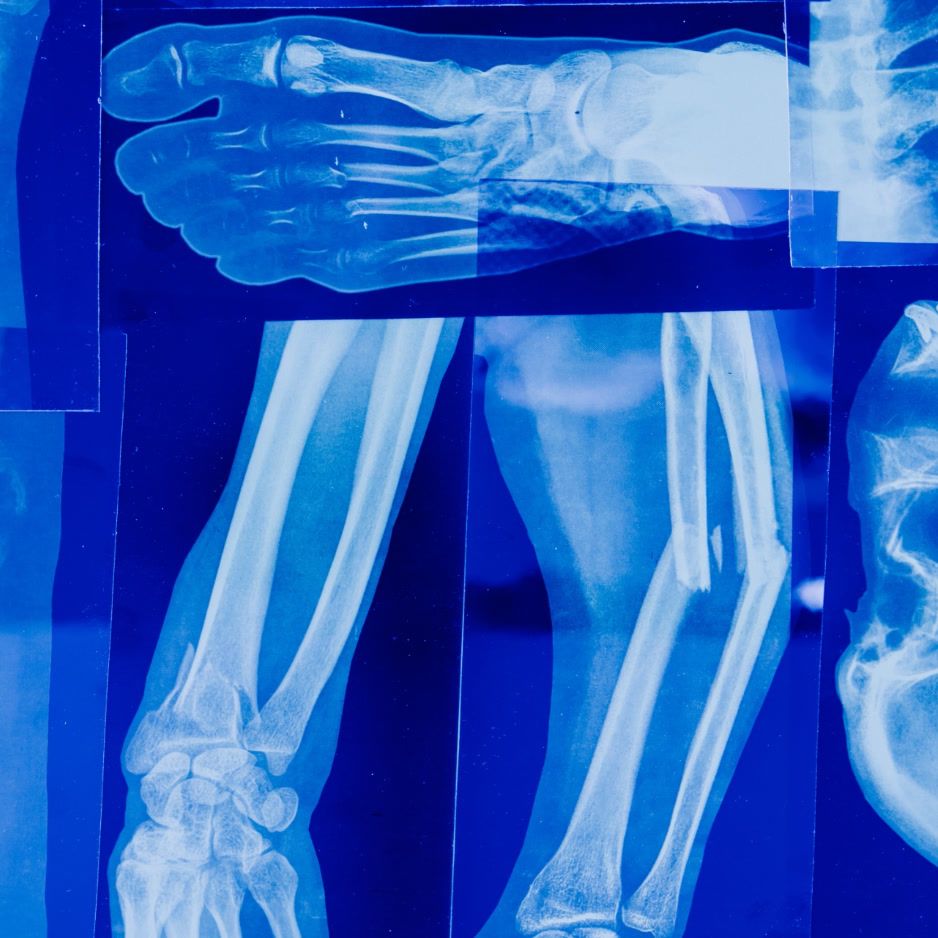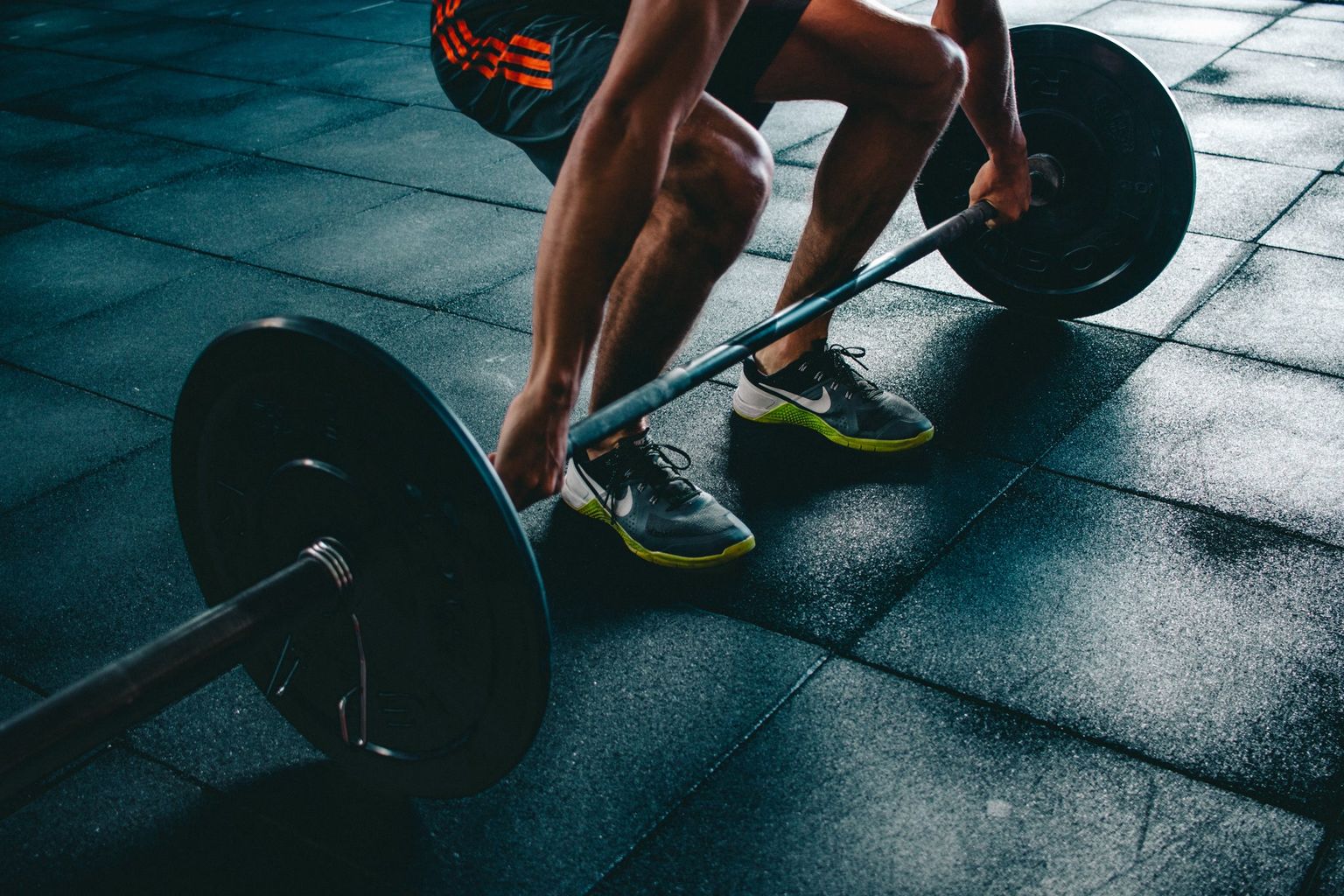Decrease in Lean Tissue? Why You Might NOT be Losing Muscle Mass

Did your lean mass decrease on your last scan? It doesn't always mean that you've lost muscle mass. Here's why your lean mass might have decreased–and what you can do about it.
You’ve been hitting the gym, drinking protein shakes, and reaching your macros. But your lean tissue has decreased on your report. Why? Lean mass includes not only muscle but also organs and water. Because of this, your lean mass can change due to multiple factors-it doesn’t always mean you’re losing muscle mass.
Get weekly updates.
Here are some reasons why your lean mass can fluctuate:
Measurement
When calculating lean mass, DEXA scans measure everything that isn’t bone mass or body fat. This includes organs and water, not just muscle.
Hydration
Depending on your hydration levels, your lean mass can change. Several factors can affect your hydration, including diet, exercise, and medication. These fluctuations may not reflect actual changes in muscle mass.
Muscle quality
DEXA scans measure the quantity of lean tissue, not the quality. Muscle quality can be defined as the capacity of muscle to generate force. If you’re doing strength training, your muscles might get denser and stronger without a big change in mass. Because of this, changes in muscle fibers or strength might not show up on your scan.
To get the most accurate lean mass data, preparation is key. For consistent lean mass results, here’s what to do before your next scan:
Scan under the same conditions:
Eat, drink, and exercise the same way before your scan. If possible, scan at the same time of day for each appointment. This helps keep your hydration levels consistent.
Avoid excess food or water before your scan
Undigested food and water show up as lean mass on your scan. Although you don’t have to fast, it’s best to avoid large meals before scanning.
Use the restroom before your scan
A full bladder can affect your hydration and lean mass levels. It’s best to scan after using the restroom.
Check your hydration levels
Track any factors that can affect your hydration, such as diet, medications, and menstruation. Caffeine and alcohol can also contribute to dehydration, so take note of what you’re drinking as well.
Compare data from multiple scans
When measuring changes in lean mass, it's essential to look at your data over time. Don’t look at just one scan. Instead, track how your lean mass is trending over multiple scans.
By following these steps and keeping things consistent before your scan, you’ll get more accurate lean mass results. But remember, there will be some natural variation in your hydration levels. That’s why it’s important to look at data from multiple scans to see trends over time.
Still have questions about your lean mass results? Ask our AI voice consultant on the dashboard anything you want about your report.


